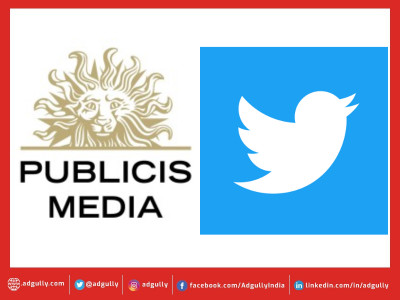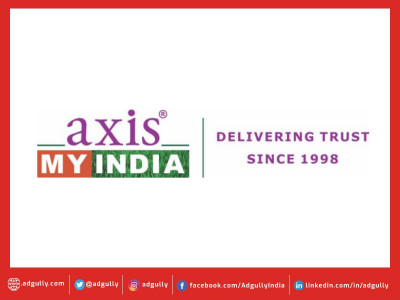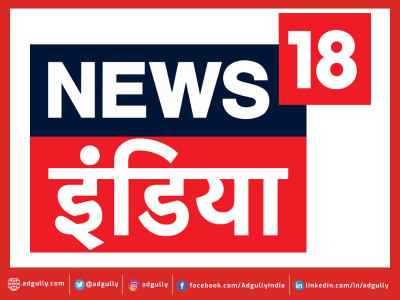Over 60% Indians are raring to travel domestically in 6 months: InterMiles
InterMiles, a leading loyalty and rewards programme, has released its maiden ‘Consumer Sentiment Index Report’ showcasing insights and changing consumption patterns around travel. The report is based on responses received from more than 7,500 InterMilers across India.
Key Insights from the InterMiles Consumer Sentiment Index:
WHEN ARE INDIANS LOOKING TO TRAVEL?
The pandemic may have closed borders, but aspiration & intent to travel in the near future still remains high.
Domestic
Corroborating the revenge travel trend forecasted by travel experts and backing the government’s Vocal for Local initiative, 60% respondents said they would look at travelling domestically within the next 6 months, while 9% were ready to pack their bags within a month itself!
Only 20% respondents are wary of travelling within India, with 14% saying they would not cross domestic borders without a vaccine, and a meagre 6% saying they do not currently have travel on their mind.
With Indians already undertaking safe hyperlocal travel and exploring local communities as they look to beat away lockdown blues and enjoy a refreshing breather, we can expect domestic travel to further pick-up pace once state and district borders increasingly open up.
International
On the international front, respondents expressed hesitation when it comes to travel, with 33% opting not to travel until there’s a vaccine, and 10% saying they do not have international travel on their mind.
However, even though most international borders are currently closed or have restricted transit, 29% respondents expressed interest in travelling internationally within the next 6 months. An almost equal percentage of respondents – 28%, would rather hold off travel currently, and consider it in the next 6 to 12 months.
This hesitation regarding travel in the near future can be attributed to the current ambiguity and rapidly changing nature of travel policies and norms, across countries. Travellers would rather travel at a later stage once there is a clarity with regards to the exact nature of travel bubbles, visa policies and a certain level of assurance and confidence of not having to return mid-transit or being stranded in a foreign nation.
WHAT ARE THEIR REASONS TO CONSIDER TRAVELLING?
Business related travel & leisure travel with family stood out as the 2 main factors respondents would consider travelling for, whether domestic or international.
While business travel was always expected to be amongst the first to recover, close to 60% respondents want to travel – internationally and domestically – for leisure, relaxation with their family and friends. This can be credited to the fact that the lockdown has Indians – who have majorly been confined to their own homes and localities for close to six months – longing for a vacation, a short getaway, or even just the company of loved ones. Close to 20% respondents would choose to travel solo for a leisure getaway.
Over 50% would consider travelling for business purposes, while 29% respondents want to travel to their hometowns within the country.
Predictably, respondents displayed caution for large-scale religious, sporting and cultural events, with only 11% willing to travel domestically for such events and, an even lesser 5% willing to undertake international travel to attend these. With most events already moved to virtual platforms, we can expect to see this trend continue.
HOW AND WHERE ARE THEY CHOOSING TO TRAVEL?
Whether for business or leisure, domestic destinations accessible by air are the most preferred.
A whopping 61% respondents would prefer to travel domestically by flights. This confidence in air travel will come as a welcome relief to the aviation sector and ancillary industries.
On the international front, short-haul destinations are the dominant preference with 40% respondents preferring to visit countries neighboring India. Only 28% respondents would opt for long haul international travel. This can be attributed to caution in undertaking multiple-stops or layovers, that could potentially increase the risk of infection as well as the increased financial strain involved.
A significant number would rather be close to home and only undertake travel to the city outskirts at this point in time, or have staycations within their city itself. 24% respondents are keen to undertake long distance self-drive journeys. As domestic state-borders open up, an increase in this trend is anticipated, further encouraged by its natural advantage of social distancing.
EXERCISING CAUTION AND SAFETY ARE KEY EMERGING THEMES
The increasing caution displayed by potential Indian travellers is evident from the fact that a whopping 70% now deem securing travel insurance a necessity even while travelling domestically.
Earlier, travel insurance was predominantly preferred by outbound / international Indian travellers albeit as a secondary component of their travel. While in some instances, the fact that it was a pre-requisite element for certain visa and immigration protocols, acted as the sole purpose for travellers to purchase travel insurance.
It remains to be seen if travel insurance is now made mandatory by national and state governments, with clauses that recompense passengers for bio-accidents as well.
With safety a priority, almost half (49%) respondents would rather travel by their own vehicle, as opposed to travelling by public transport. However, when it comes to public transport, air travel is the leading preference followed by hired vehicles and lastly buses & trains.
When it comes to accommodation, Indians have displayed maximum confidence in five-star properties or other luxury suites due to their pre-existing trust in these brands or the transparency with which they showcase their sanitisation practices, assuring high standards of hygiene and safety. Homestays with family & friends due to familiarity and assurance of surroundings and co-habitants was the second most preferred accommodation choice.
















Share
Facebook
YouTube
Tweet
Twitter
LinkedIn